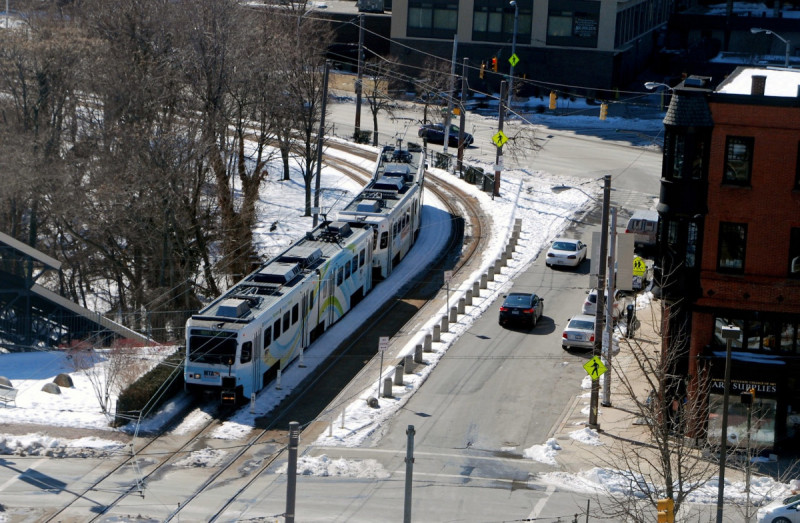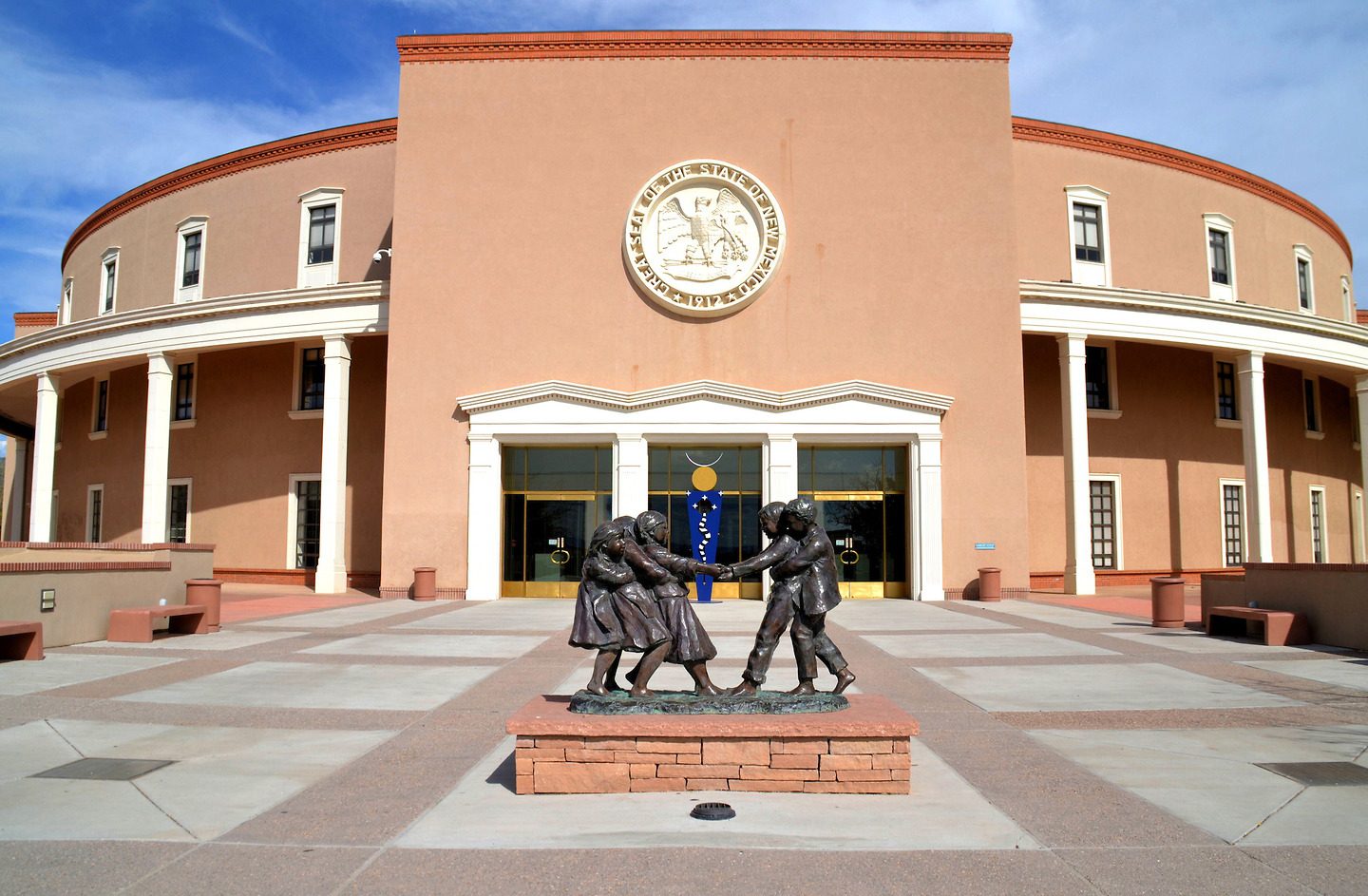Iowa cities’ preliminary plans for ARPA funding emphasize infrastructure spending

Most Iowa cities report they intend to spend American Rescue Plan Act funding to improve infrastructure, the Iowa League of Cities found in a survey.
Nearly 500 city officials and staff members responded to the survey, which the organization conducted in December and published in the February issue of its magazine, Cityscape.
The December results indicated sewer (285) and water (286) infrastructure were the top two categories selected, followed by “undecided” (98) and “other” (74).
“What we can see from the report is that infrastructure continues to be a main priority for Iowa’s communities. Infrastructure is essential, but when it works it easily goes unnoticed,” The League’s General Counsel and Director of Government Affairs Robert Palmer and Research Director Erin Mullenix told The Center Square in an emailed statement Thursday said.
“The construction and maintenance of infrastructure requires many workers and uses a significant amount of materials, both areas which have experienced increasing costs.”
Palmer and Mullenix said that since the U.S. Treasury’s final rule were just recently released, many communities are still in preliminary planning stages. Others’ planning is well underway, they said. The final rule was adopted Jan. 6 and takes effect April 1.
The survey found that while 226 of respondents said they were “set, barring any major change” on how they would spend the funding, 41 said they were “not at all” certain how they would use the funds, 94 said they’d had conversations about the funding and 117 were “fairly sure but need Council weigh-in.”
The League asked cities to describe top areas of revenue increases and negative impact during the pandemic.
While many communities told the League they had not experienced revenue increases, those that did tended to gain in online sales to local option sales tax collections or COVID-19 relief funds like ARPA. Cities experienced Increasing costs and COVID-19’s impact on revenues and expenditures.
Top budget concerns for the next three to five years included maintaining infrastructure; increasing costs of materials, construction and goods; legislative changes; and decreasing tax base.
The U.S. Treasury’s final rule provided additional flexibility, which may prompt cities to explore other spending options, Palmer and Mullenix said.
“After the release of the ‘Final Rules,’ we’ve heard from many communities that will be considering using ARPA funds to address gaps driven by revenue losses due to the pandemic,” they said.
Changes in the final rule allows ARPA recipients to choose a standard amount of revenue loss or complete a full revenue loss calculation. Recipients that choose standard allowance can use it for government services. ARPA recipients can use funding for capital expenditures supporting COVID-19 public health or economic response, in addition to spending it on programs and services.
The final rule increases the share of eligible workers who can receive premium pay without written justification and increases eligible broadband infrastructure investments to address challenges with broadband access, affordability and reliability. It increases eligibility of water and sewer infrastructure investments, including more lead remediation and storm water management projects.
This article was originally posted on Iowa cities’ preliminary plans for ARPA funding emphasize infrastructure spending



